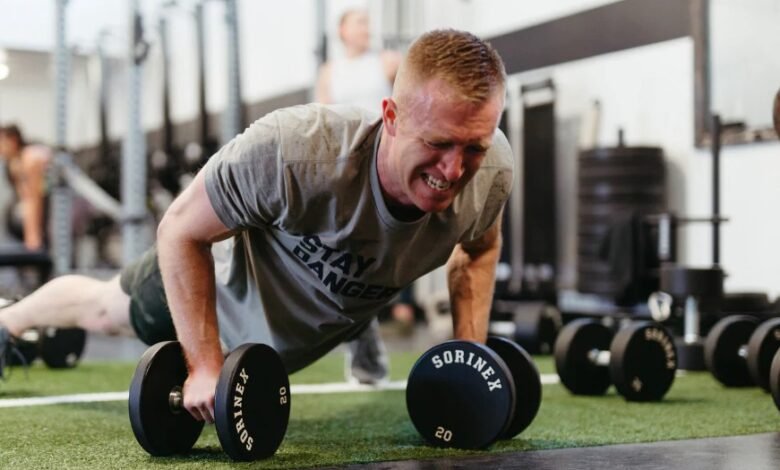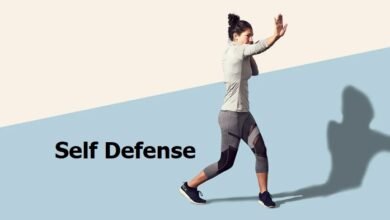Physical and Mental Toughness in the Gym: A Complete Guide

When we think about fitness and gym routines, physical strength is often the first thing that comes to mind. However, what many people overlook is the equal, if not greater, importance of mental toughness. Physical and mental resilience are interconnected, each enhancing the other to help us achieve our fitness goals. Here, we’ll explore how both physical and mental toughness play vital roles in the gym and how you can cultivate them.
The Role of Physical Toughness
Building Physical Strength: Physical toughness starts with a consistent workout routine. This includes a mix of cardiovascular exercises, strength training, and flexibility work. The aim is to push your muscles and cardiovascular system beyond their comfort zones, prompting growth and adaptation. Over time, your body becomes more resilient, handling increased loads and intensities with ease. Visit JimWendler for more insights.
Endurance and Stamina: Physical toughness isn’t just about lifting heavier weights or running faster. It’s also about endurance—how long you can sustain an activity. Regular training improves your stamina, enabling you to perform longer and more efficiently. This endurance is crucial for both daily activities and achieving higher fitness levels.
Recovery and Adaptation: Physical toughness also involves recovery. Proper nutrition, hydration, and rest are critical for repairing muscles and replenishing energy stores. A tough body adapts quickly, recovering faster between workouts and reducing the risk of injury.
The Role of Mental Toughness
Setting Goals and Staying Motivated: Mental toughness is about setting realistic, achievable goals and staying motivated to reach them. It involves discipline, commitment, and the ability to push through difficult times. Mental resilience helps you keep going, even when the initial excitement fades or when progress seems slow.
Overcoming Plateaus: Everyone hits a plateau at some point in their fitness journey. Mental toughness helps you stay patient and persistent during these times. It allows you to reassess your strategies, make necessary adjustments, and continue working towards your goals despite temporary setbacks.
Handling Discomfort and Pain: Working out often involves discomfort and sometimes pain. Mental toughness is about knowing the difference between productive pain and injury, and having the fortitude to push through the former. It’s about staying focused and positive, even when your body is screaming for you to stop.
Cultivating Both Physical and Mental Toughness
Consistency is Key: Consistency in your workouts builds both physical and mental strength. Regular exercise routines create habits that reinforce discipline and resilience. Start with manageable goals and gradually increase the intensity and duration of your workouts.
Mindfulness and Visualization: Techniques like mindfulness and visualization can enhance mental toughness. Visualizing your success and staying present during workouts can help you push through challenging moments. These practices also reduce stress and improve your overall mental well-being.
Seek Support and Community: Joining a gym or fitness community can provide the support and encouragement needed to stay motivated. Surround yourself with like-minded individuals who share your goals and can offer advice and encouragement.
Embrace Challenges: Embrace challenges as opportunities to grow. Whether it’s trying a new workout routine, increasing your weights, or running that extra mile, challenges build both physical and mental toughness. Each time you overcome an obstacle, you become stronger and more resilient.
Conclusion
Building physical and mental toughness in the gym is a journey that requires dedication, patience, and a balanced approach. By understanding the importance of both, and integrating strategies to develop each, you can enhance your overall fitness and well-being. Remember, the toughest battles are often fought within the mind, and winning these battles can lead to incredible physical achievements. Keep pushing, stay focused, and embrace the process.





